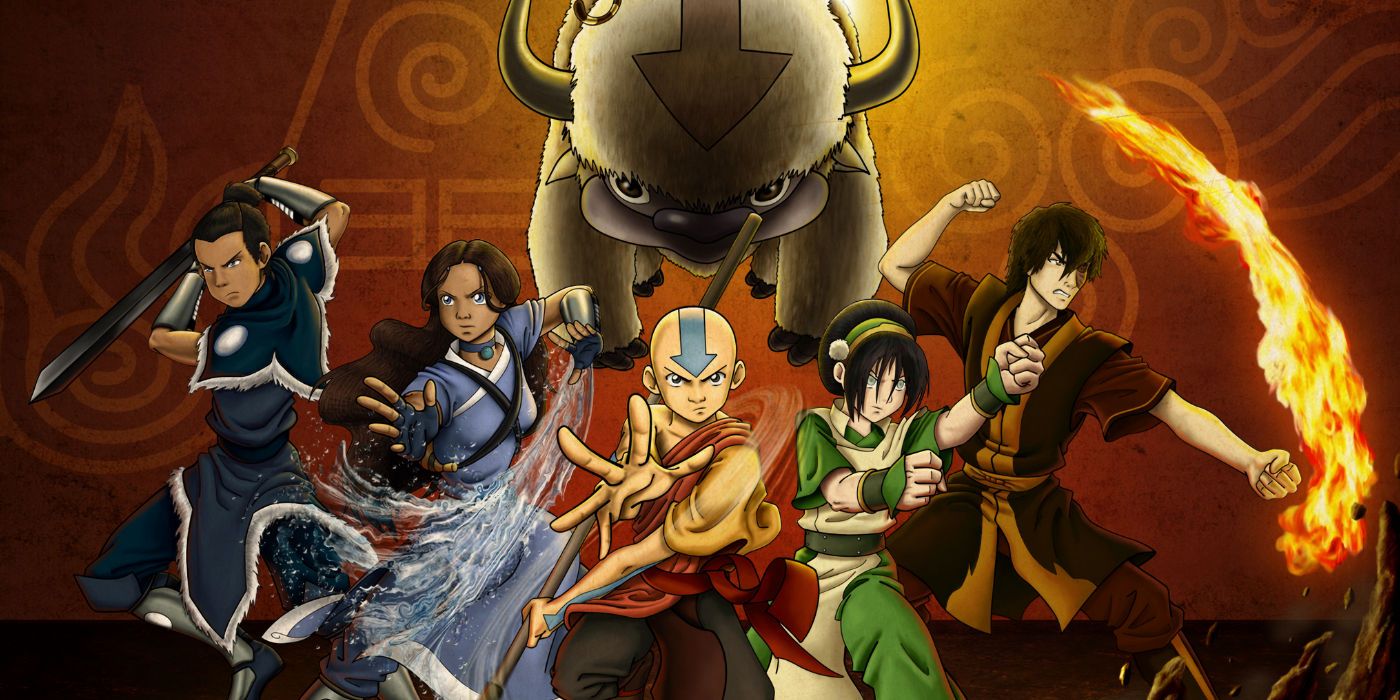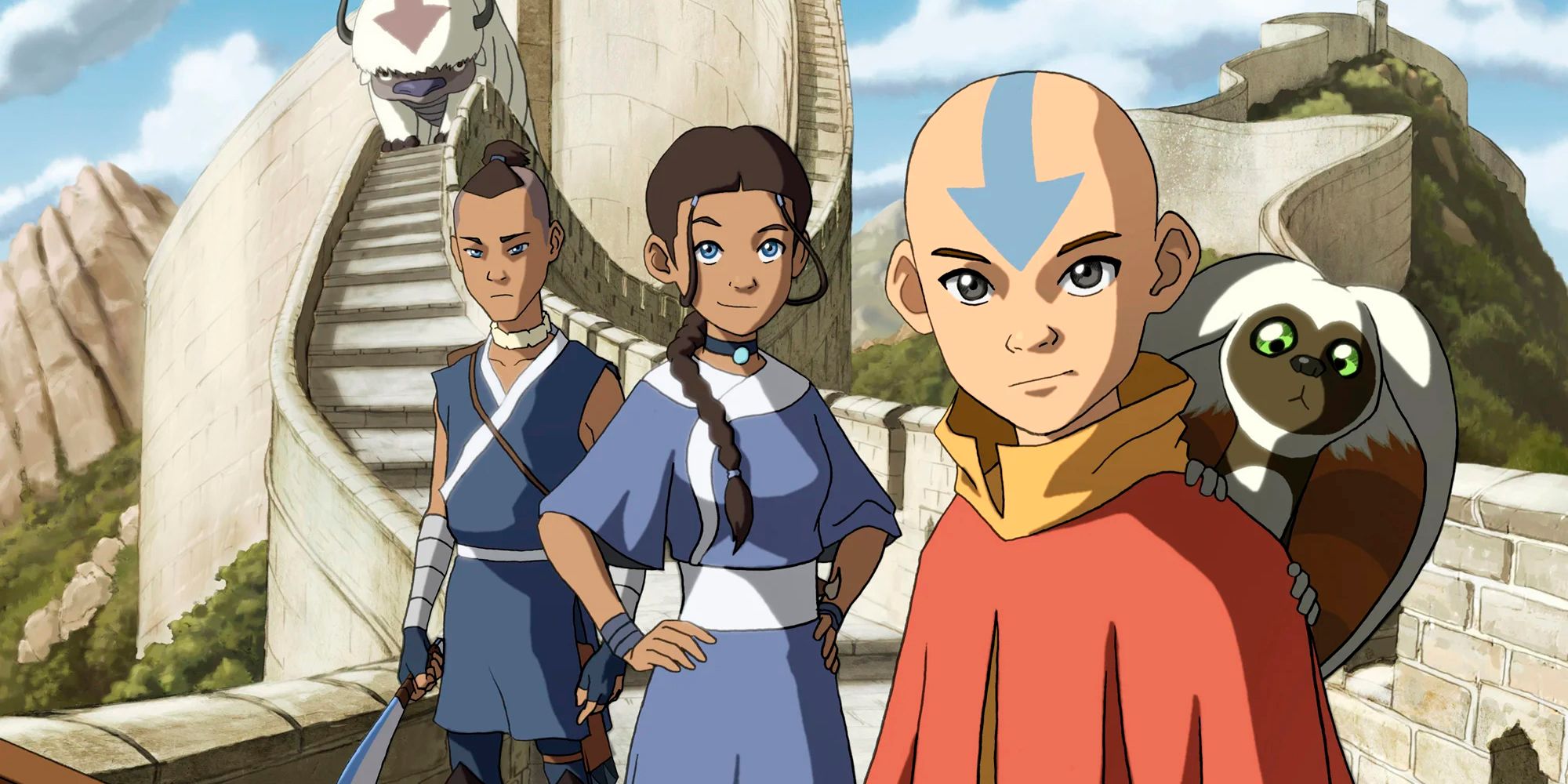Avatar: The Last Airbender borrows heavily from various Asian cultures - particularly from China and Japan - and that extends to the real meanings behind the characters' names. Despite being a children's animated series, Avatar: The Last Airbender - not to mention its sequel series, The Legend of Korra - took audiences by surprise with its profoundly mature story about a boy who's burdened with defeating a tyrant and bring peace to the world. That's a lot to put on one person, but luckily, he had some help.
Since Aang was the Avatar, he was really the only person who could defeat Fire Lord Ozai and restore balance between the four nations - and that's what he did. However, getting to that point wasn't easy. Aang may have known bits and pieces of bending water, earth, and fire, but at the start of Avatar: The Last Airbender, he only knew how to properly airbend. So he enlisted the help of a handful of other people, some of whom were benders, to help him get to where he needed to be. Of course, they ended up becoming his Team Avatar - Aang, Katara, Sokka, Toph, and Zuko.
Every member of Team Avatar played an integral role in Aang's journey as the Avatar, and some of their most defining traits were represented in their names. Written in Chinese, Aang means "peaceful soaring." Considering that Aang was an Air Nomad and heavily believed in non-violence, his name's meaning was quite apt. Meanwhile, Katara and Sokka's names mean "wanting hope" and "I understand", respectively, in Japanese. Katara was always the morale center of the group and Sokka sought to be the mastermind, which also translate into their names.
Toph Beifong is unique in that she's one of the few Avatar characters who has a last name; her first name roughly translates to "expanding lotus" in Chinese while her last name means "northern". The fact that her first name includes the flower lotus is quite interesting since she has typically been portrayed as someone with a reserved personality. Then again, she's opened up to those she was close to, including each member of Team Avatar. Of course, there's always the chance that her name was just meant to be a play on the word "tough", since she was arguably the toughest member of the entire group.
As for the final member of Team Avatar, and the last person to join Aang's friends before their fight with the Fire Nation, Zuko's name has multiple translations. One of the most commonly used is, funnily enough, "angry". Zuko's redemption arc is one of the best of the entire franchise, but when he first appeared in season 1, he certainly was angry and couldn't process his emotions - that's why Zuko heavily relied on his uncle, Iroh, for guidance and assistance in his journey to capturing the Avatar. Thankfully he matured and had let go of his duty to his father.


